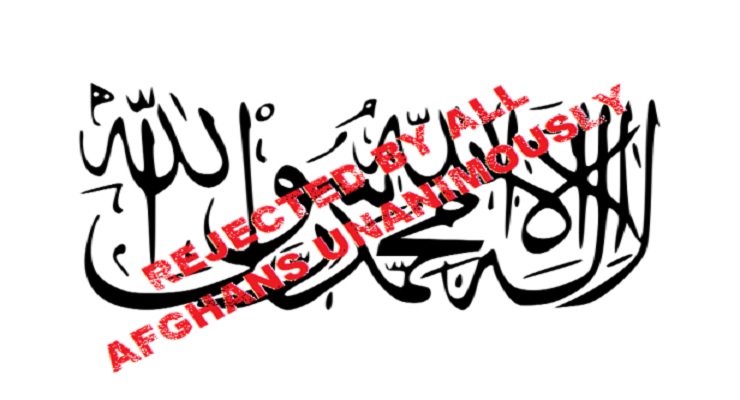 Taliban governance will not be democratic. Although this was expected, the Taliban leadership has reiterated this position emphatically ever since it seized power in Afghanistan a few days ago. An article published by hindustantimes.com written by Poulomi Ghosh discusses the Taliban position on how it will govern Afghanistan going forward. Here is an excerpt:
Taliban governance will not be democratic. Although this was expected, the Taliban leadership has reiterated this position emphatically ever since it seized power in Afghanistan a few days ago. An article published by hindustantimes.com written by Poulomi Ghosh discusses the Taliban position on how it will govern Afghanistan going forward. Here is an excerpt:
A senior member of the Taliban, Waheedullah Hashimi, told news agency Reuters that the group is still finalising how they will govern the country. As the group is planning governance like that of its earlier regime, the member explained that there will be no democratic system at all because it does not have any base in the country. “We will not discuss what type of political system should we apply in Afghanistan because it is clear. It is sharia law and that is it,” Hashimi told Reuters.
A council will oversee the day-to-day running of the country
As Hashimi said, a council will govern the country overseeing the day-to-day activity while the supreme leader of the Taliban, Haibatullah Akhundzada, is likely to remain the overall in-charge. This is how the Taliban had ruled Afghanistan from 1996 to 2001. At that time, supreme leader Mullah Omar remained in the shadows and everyday governance was the responsibility of the council.
Continue reading here to find out more on the different aspects of the Taliban’s unfolding undemocratic regime.
Leave a Reply